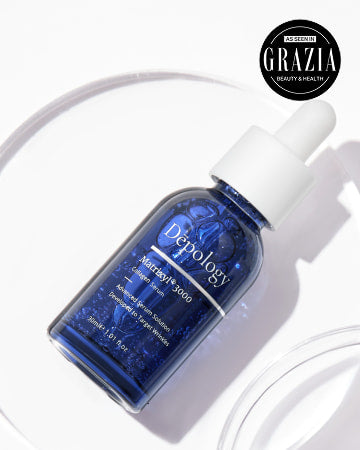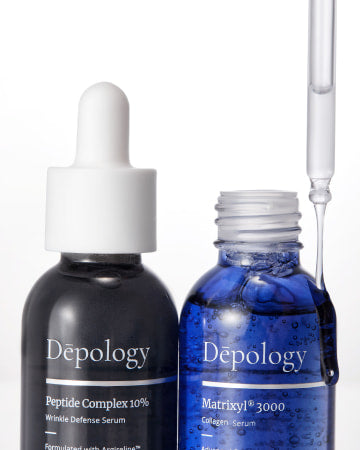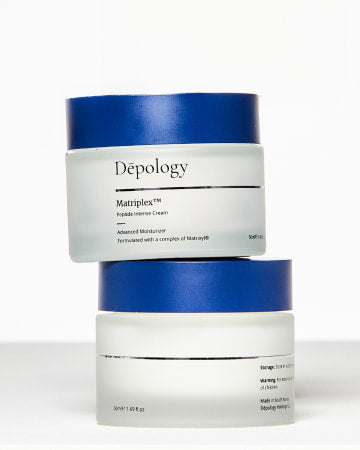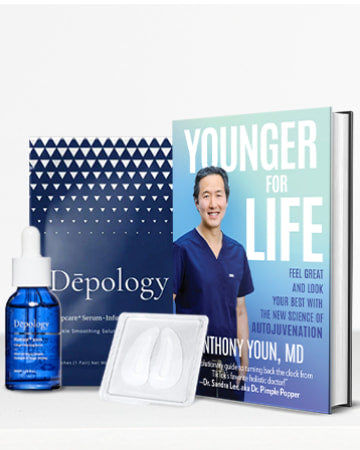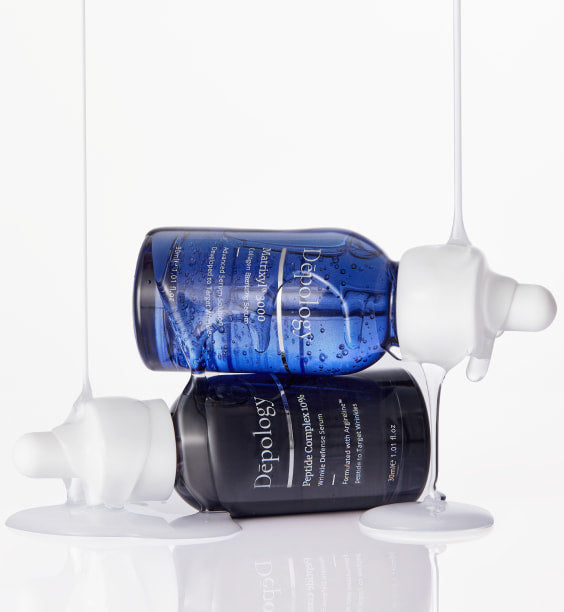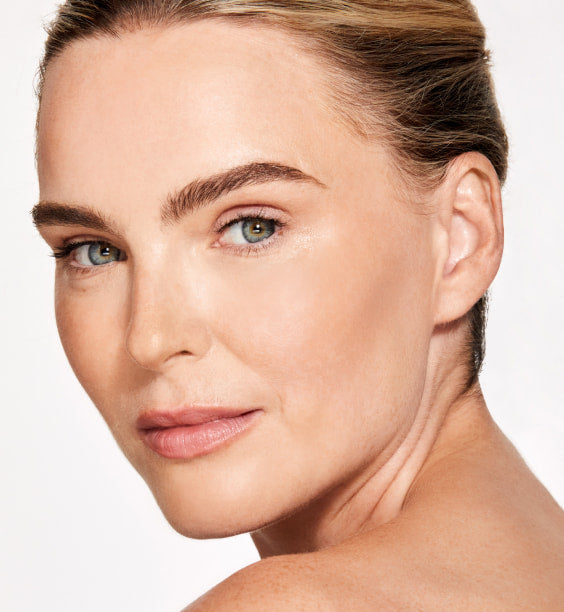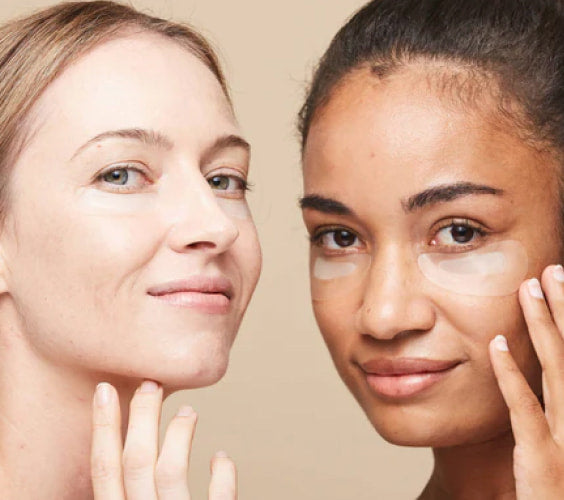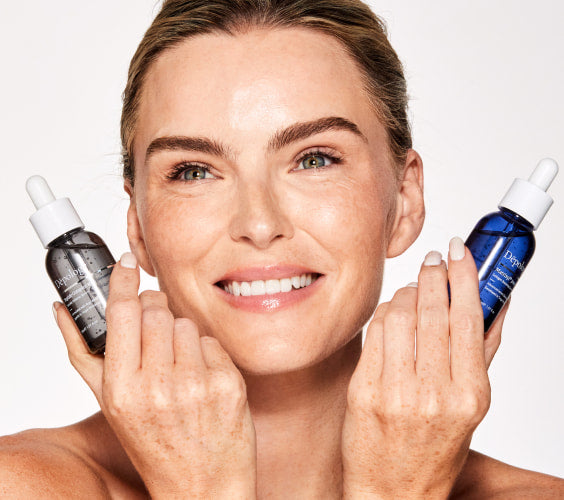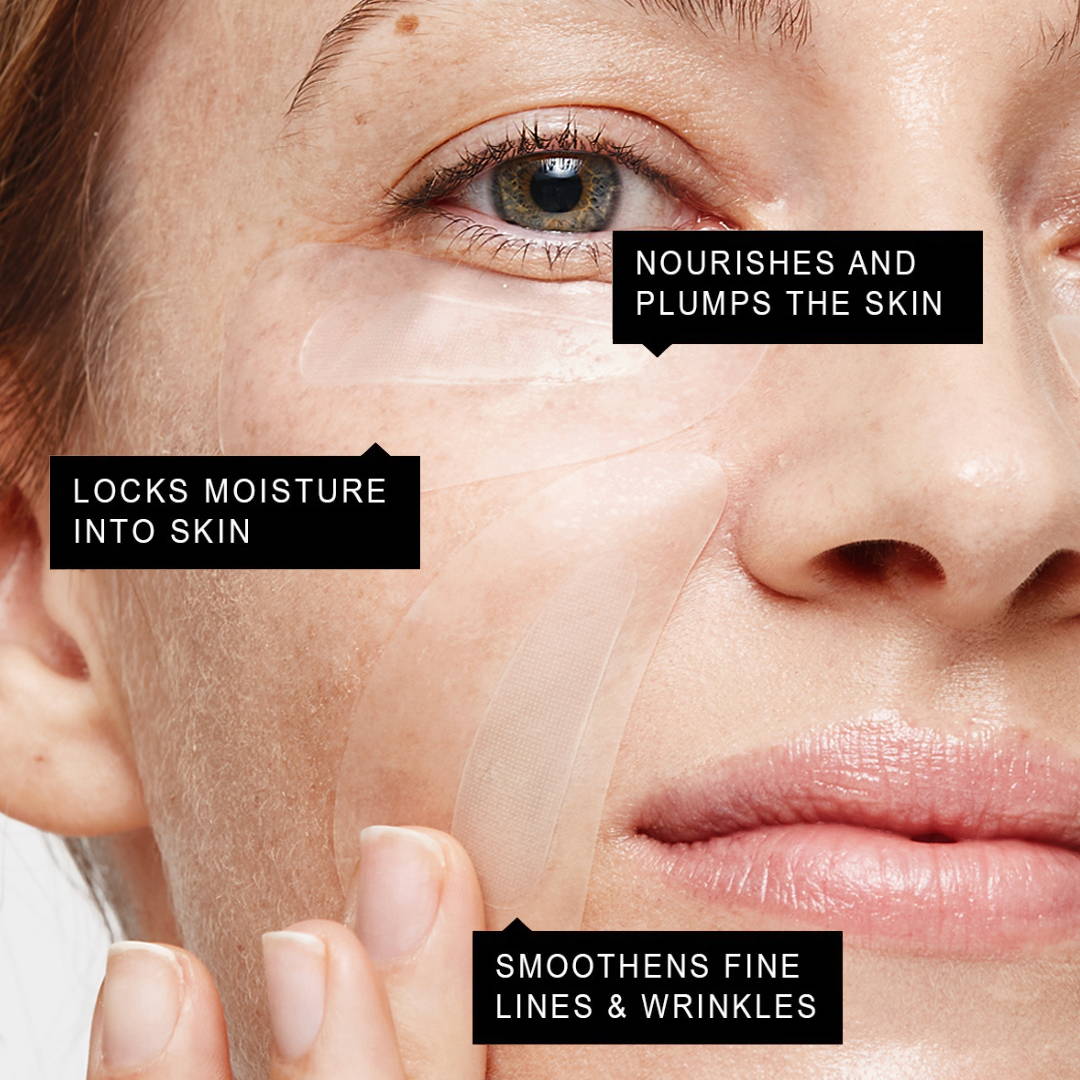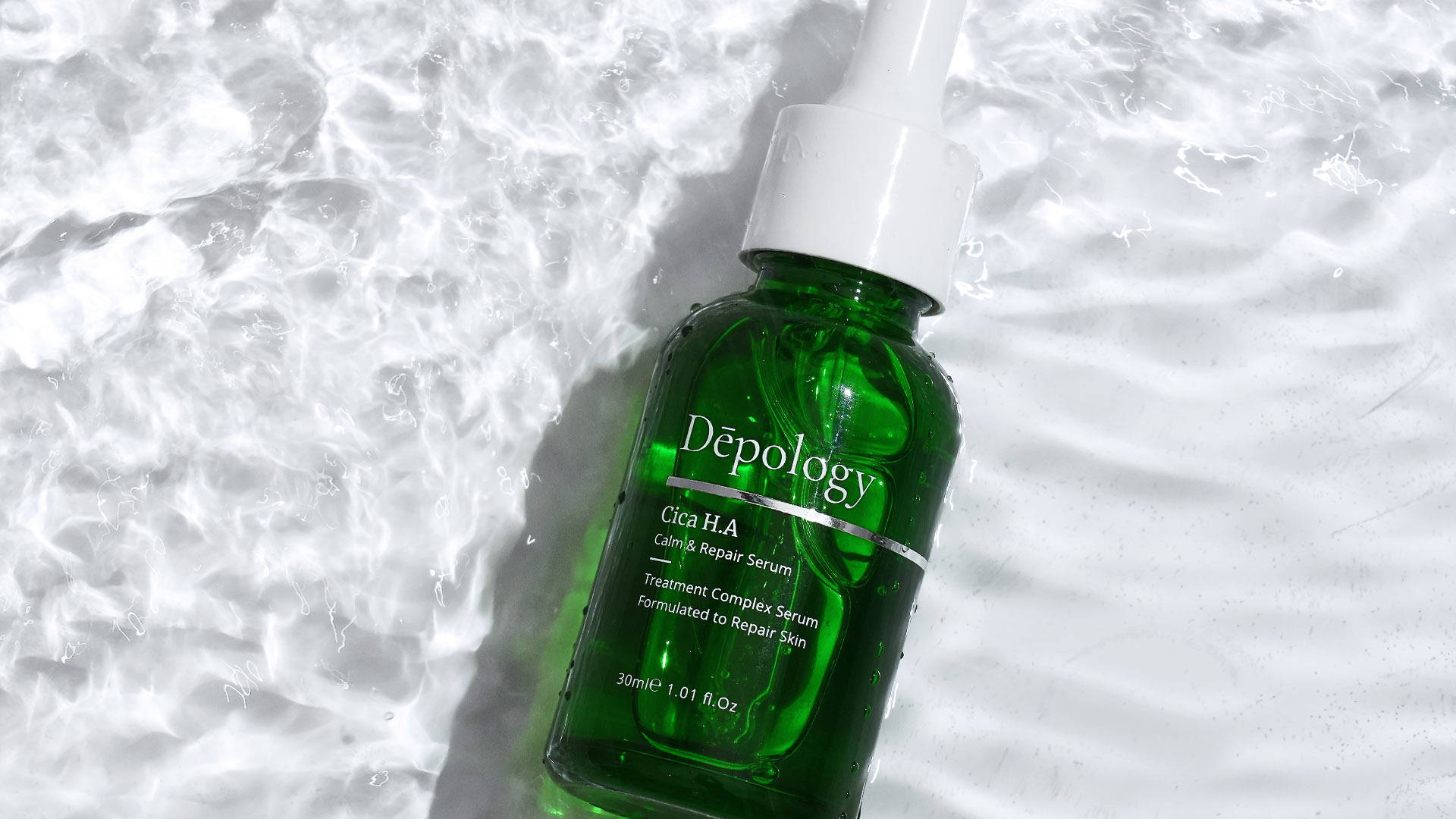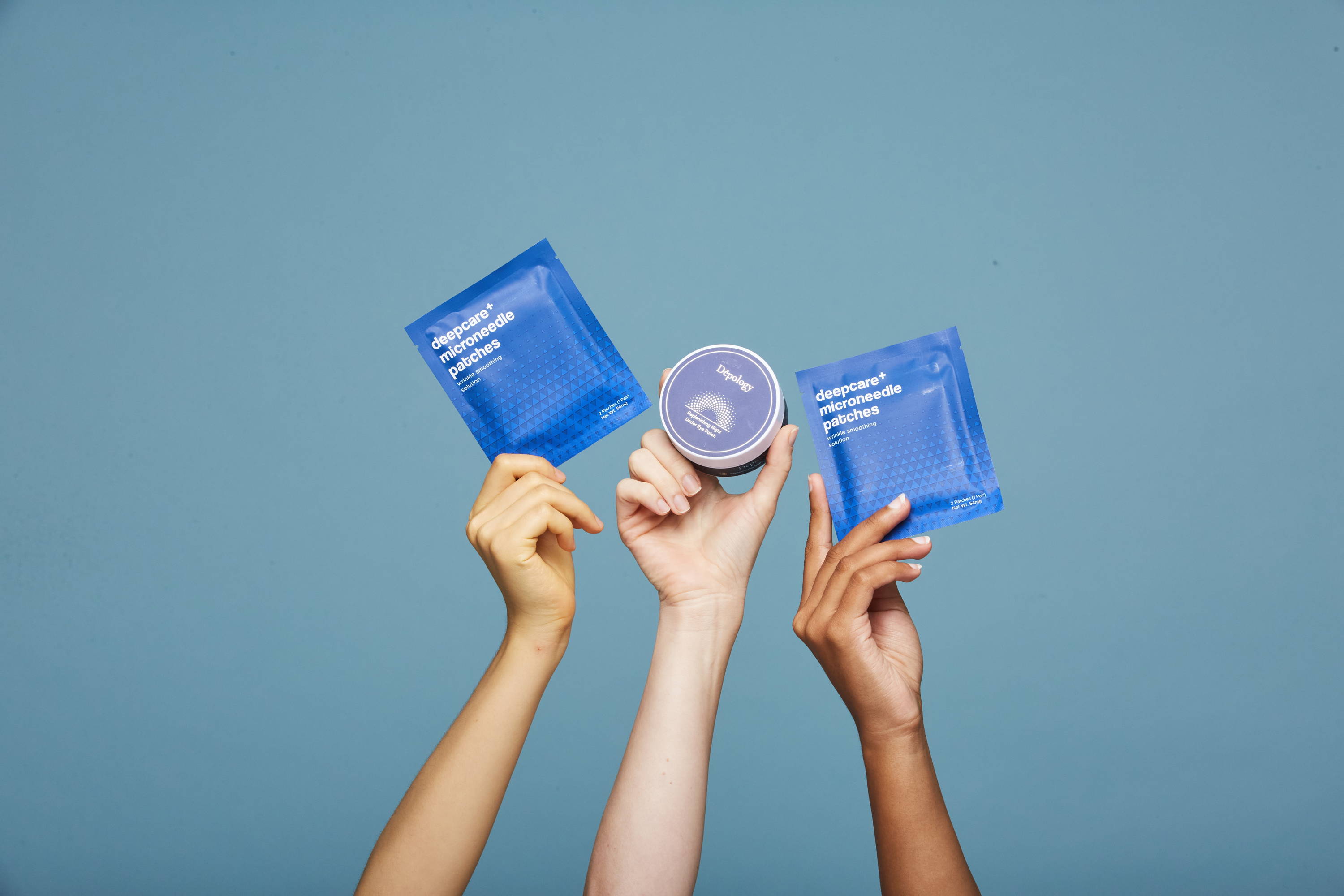Treatments for Rosacea
Thankfully, there are remedies and treatments available to treat those who find themselves with rosacea. It is highly recommended to treat early or as soon as you see symptoms appear. Not only can this help to manage symptoms, but it also slows down the progression and may even stop it entirely.
Avoiding certain triggers for rosacea, such as hot beverages, alcohol, spicy foods, and excess sunlight, can help prevent future breakouts in the future. Many of these triggers help increase blood flow, which allows small blood vessels in the face to dilate.
To calm the condition, in less severe cases, always apply sunscreen when being outside for long periods, even on cloudy days. Continuously drink water to keep your skin hydrated. Wear less makeup and use lighter skincare products. Collagen shots have also been found to reduce the severity of inflammation.
Everyday use of cleansers and moisturizers that don’t burn or irritate the skin is recommended for the condition. Dēpology’s facial cleanser includes glycolic acid and is a gentle exfoliator. Formulated for all skin types, it prevents skin irritation and helps with different types of hyperpigmentation.
While many skincare enthusiasts love retinol, it may not be the most suitable ingredient while your skin is healing from rosacea. It helps with collagen within, but also can irritate the skin. If you want to keep using retinol products, you should consult with a skincare professional about their potential positive and negative side effects.
For more severe cases, prescription medications and creams can be applied to targeted areas.
The reason that collagen has been brought into the rosacea debate is that it is the main building block of the body’s skin. It is also implemented into helping our connective tissue, muscles, and ligaments.
Collagen has several duties to fulfill, such as replacing and renewing damaged connective tissue, acting as a natural moisturizer for the skin, helping with dryness/irritation, and providing a strong foundation for blood vessels.


